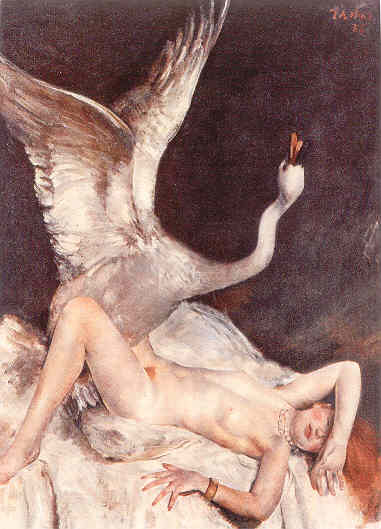Power Quote: M.L. Rosenthal

Behind much of [Edward Arlington] Robinson’s work, in both its more successful and its less successful aspects, lies a deeply American obsession with the theme of failure: failure of a career, failure of a social class or a society, failure of a needed meaning to sustain itself–and, finally, the inevitable failure of life to resist death’s encroachment. Remembering Eliot’s motifs of sexual and spiritual failure and Pound’s savage complaints at a culture’s failure to realize itself, we see how much those poets have in common with Robinson after all. ‘When we think of America,’ said D.H. Lawrence in his introduction to Edward Dahlberg’s novel Bottom Dogs, ‘and of her huge success, we never realize how many failures have gone, and still go to build up that success.’
– “Rival Idioms: The Great Generation” (being Chapter Five of The Modern Poets: A Critical Introduction)
**BONUS**
Read Robinson’s “Miniver Cheevy”
Read Robinson’s “Richard Corey”
Read Lawrence’s “Last Lesson of the Afternoon”
Enough failure for one day? Ready for earthy pagan Modernist resurrection sex?
Read Lawrence’s “New Heaven and Earth”

Daily affirmation.
Power Quote: Special T.O.C. edition, for keith n.b., with double special bonus shout-out to Paul Violi

In a comment on yesterday’s “Power Quote” post, one of our regular commenters said he couldn’t find much about M.L. Rosenthal’s The Modern Poets: A Critical Introduction on the web. Well, neither could I, actually, which is one of the reasons that my post had links to some Yeats poems he had written about instead of to anything by Rosenthal himself. So by special request, please find below the T.O.C. to the book, plus some info on Rosenthal, for the edification and enjoyment of all. Before we get to that, however, I want to give a shout-out to Paul Violi. I was lucky enough to study with Paul when I was an MFA at The New School. Of all the poets–hell, all the people–I know, he’s easily one of the best- and widest-read, and is always generous with his vast knowledge when I get a bug up my ass about this or that poetry-related topic and start suddenly shooting him emails. Most recently, that topic has been Ezra Pound. Paul pointed me to Rosenthal specifically for chapter three, “EZRA POUND: THE POET AS HERO.” After–or before–you check out the T.O.C. to this book, I emphatically recommend you click over to Paul’s website and check him out, if you don’t already know his work.
Power Quote: M.L. Rosenthal

Modern poetry as a whole tends to be tragic in its assumption that we are at a cultural dead end, in which myriad values at cross-purposes, with modern political values the most virulent of all, are choking each other to death. The major poetic situation is the struggle of a heroic sensibility, or Self, to free itself from the condition of living death imposed by this murderous predicament. Clearly, the most elementary way to gain such freedom is to insist on the priority of instinct and emotion over all logical and systematic thought and over the demands of society. In many poems, Yeats fastens on the sexual act and the mystery of sexuality as the ultimate source of meaning.
-“Yeats and the Modern Mind”
(in The Modern Poets: A Critical Introduction; (c) 1960)
Some problems just never get old, do they?
read “Leda and the Swan”
buy Poetry in English: An Anthology; M.L. Rosenthal, ed.
